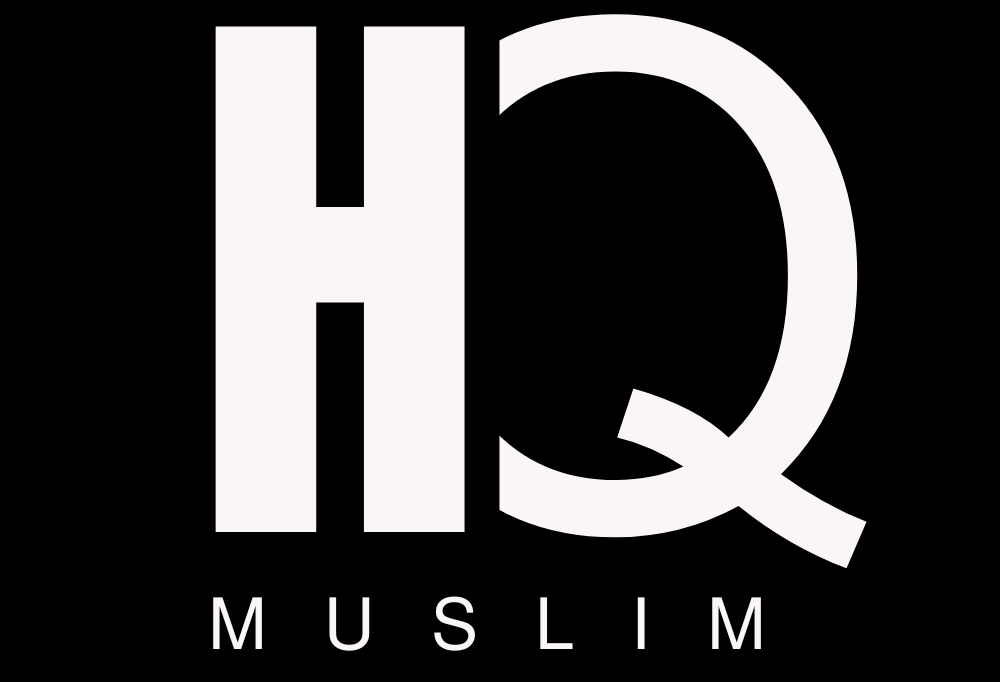🔥 Netanyahu’s Bloodbath in Gaza: A Political Chess Move or a War Crime?
⏳ Time Interval: 00:00 – 17:14
🚨 1A. 🔥 The Ceasefire Massacre – A Calculated Political Gamble?
📝 The Point:
• In the early hours before dawn, during the 18th day of Ramadan, while families in Gaza were preparing for their pre-dawn meal, Israeli airstrikes shattered the fragile ceasefire.
• The attack targeted makeshift displacement camps, leaving at least 400 dead, including 130 children. One of the bloodiest days in recent history.
• The official Israeli justification? Hamas refused to extend the ceasefire. But is that really the full story? Or was this a deliberate power move by Netanyahu?
⚖️ The Law:
• Ceasefires are internationally recognized agreements that, when violated, constitute an act of aggression.
• Targeting civilians is a war crime under Article 8 of the Rome Statute.
• Religious attacks—striking before dawn during Ramadan—further escalate tensions, violating humanitarian principles.
🔮 And So:
• Netanyahu may have strategically chosen this moment to maximize destruction and fear.
• The breaking of the ceasefire erodes diplomatic trust and ensures continued bloodshed.
• If a leader can weaponize war for political survival, how can peace ever be achieved?
🔥 1B. Netanyahu’s Desperation – A Political Houdini Act?
📝 The Point:
• Netanyahu was cornered politically. Facing internal instability, protests, and even corruption trials, his grip on power was slipping.
• By launching a new wave of war, he distracted the public from his own legal troubles and reasserted himself as an irreplaceable wartime leader.
• Historically, Netanyahu has used conflict to his advantage—each time his political career faces crisis, a military escalation follows.
⚖️ The Law:
• War must never be used as a political shield—doing so violates democratic integrity.
• Personal legal troubles should not interfere with national security decisions.
• Using military aggression to maintain power mirrors the tactics of authoritarian regimes.
🔮 And So:
• Netanyahu’s corruption scandal faded overnight, replaced by the narrative of war.
• A divided, frightened nation is easier to control than one demanding accountability.
• If war becomes a political tool, is any government decision ever truly about security?
🇺🇸 1C. The U.S. Factor – Silence, Complicity, or Strategy?
📝 The Point:
• Initially, the Biden administration attempted to negotiate with Hamas—sending envoys and exploring diplomatic options.
• However, pressure from pro-Israel lobbies and shifting U.S. priorities led to a shift in strategy.
• Instead of pushing for peace, the U.S. backed Israel’s renewed military campaign, even carrying out direct strikes in Yemen and threatening Iran.
⚖️ The Law:
• A mediator should remain neutral—the U.S. siding with one party damages credibility.
• Direct military intervention in the region escalates tensions further.
• Funding and supplying weapons to an active conflict raises ethical and legal concerns.
🔮 And So:
• The U.S. abandoned its role as a peace broker, prioritizing strategic alliances over human lives.
• Netanyahu was emboldened, knowing he would face no consequences from the White House.
• If a superpower refuses to hold its allies accountable, what stops future war crimes?
🇮🇱 1D. Israeli Society is Cracking – The Unraveling of Public Support
📝 The Point:
• Israeli hostage families publicly blamed Netanyahu for sabotaging negotiations and endangering lives.
• Reservists are refusing to report for duty, signaling a shift in public sentiment.
• The Israeli economy is bleeding, and war fatigue is sweeping through the nation.
⚖️ The Law:
• A government must serve its people, not sacrifice them for power.
• Mandatory military service should not force citizens into an unjust war.
• Freedom of speech and protest should not be silenced in the face of government overreach.
🔮 And So:
• Netanyahu is losing grip on his own people, with dissent rising internally.
• War fatigue is setting in, leading to military desertions and protests.
• If even his own people turn against him, can Netanyahu sustain this war?
🏴☠️ 1E. War Crimes in Broad Daylight – The Humanitarian Siege of Gaza
📝 The Point:
• Gaza is under a total blockade—water, electricity, and medical aid are cut off.
• Hospitals are overflowing, and children are dying from preventable causes.
• The siege has turned humanitarian suffering into a weapon, pushing millions to the brink of starvation.
⚖️ The Law:
• Blockades targeting civilians violate international humanitarian law.
• Cutting off access to basic necessities is considered collective punishment, a war crime.
• Humanitarian aid should never be used as a political tool.
🔮 And So:
• Gaza’s suffering is no accident—it’s part of a deliberate strategy.
• Israel is using economic strangulation to pressure Hamas, at the cost of innocent lives.
• If humanitarian aid can be weaponized, what prevents future wars from being fought through starvation?
🌍 1F. Global Outrage & Calls for Justice – Will the World Act?
📝 The Point:
• Protests are erupting worldwide, with calls for sanctions and war crimes trials.
• International courts are investigating Israel for potential crimes against humanity.
• Western media struggles to cover the war objectively, facing pressure from both sides.
⚖️ The Law:
• The ICC has jurisdiction over war crimes, and accountability must be enforced.
• Public pressure can influence government policies—boycotts and sanctions are effective.
• Truth in media is critical—bias reporting fuels misinformation.
🔮 And So:
• The world is finally watching—but will it act in time?
• Israel risks diplomatic isolation if war crimes charges proceed.
• Can international justice prevail before more innocent lives are lost?
📚 Glossary of Key Terms
• War Crime: A serious violation of the laws of war, including targeting civilians.
• Collective Punishment: Penalizing an entire population for the actions of a few.
• Ceasefire Agreement: A temporary halt to hostilities, often as a step towards peace.
• Political Diversion Strategy: Using war or crisis to distract from domestic scandals.
🚨 Final Thought: If war is being used as a tool for power, can any leader be trusted to pursue real peace?






